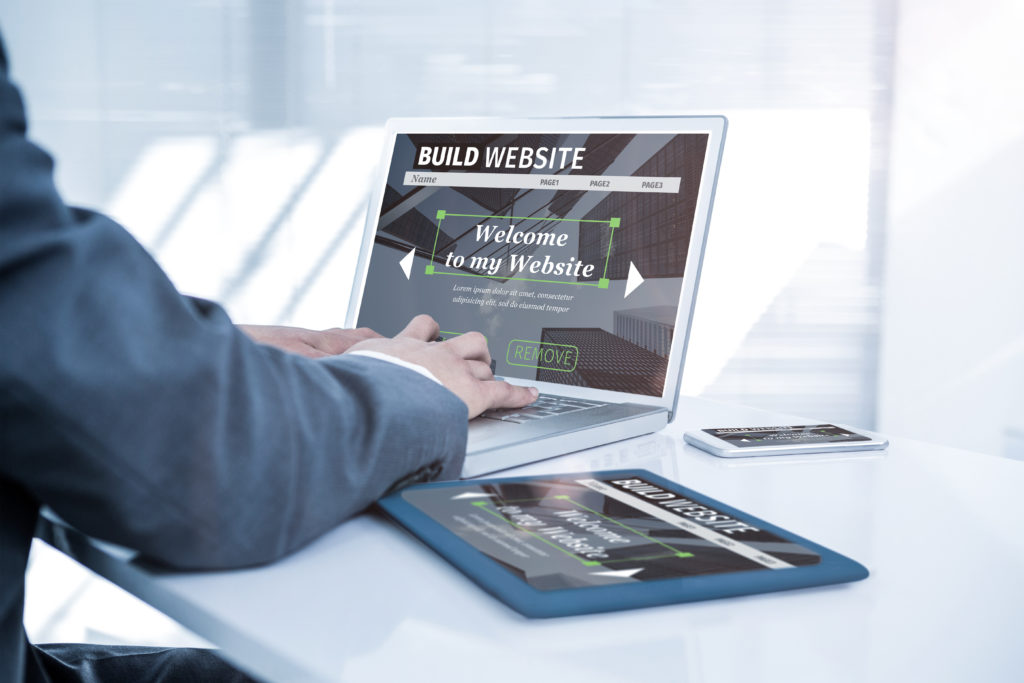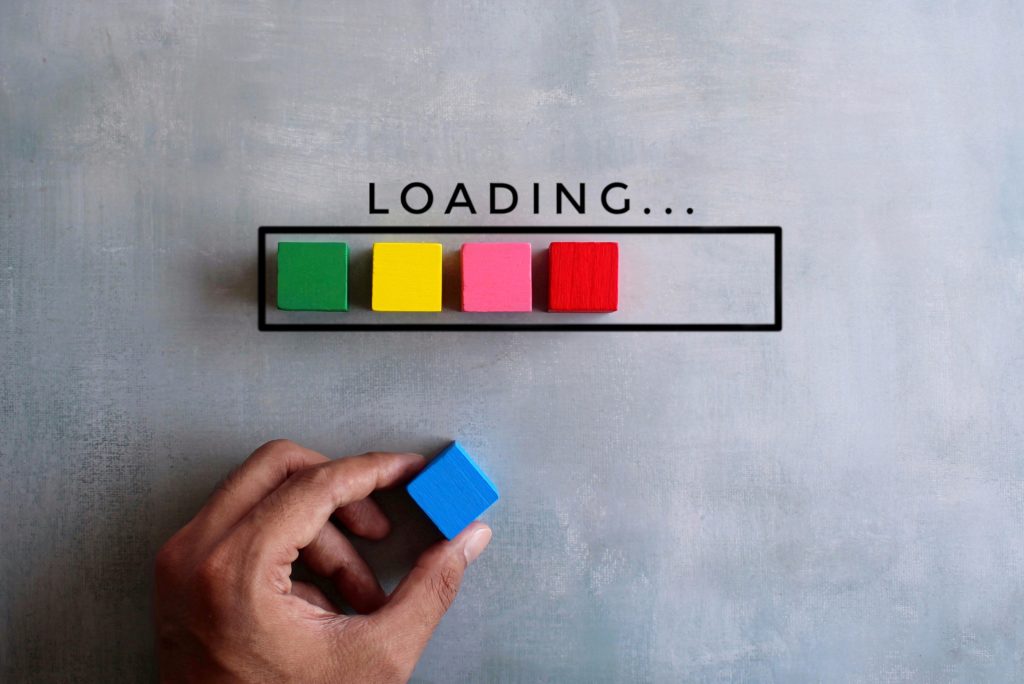How often do you hear someone say they want to build a website, but don’t really know where to start? Or maybe they already built a site, but now they’re struggling to get visitors or even convert them into customers.
Key Takeaways
- Define Your Website’s Purpose: Clearly understand the goal of your website and its role in your business to ensure it meets your audience’s needs effectively.
- Choose Wisely and Plan Ahead: Selecting the right hosting, domain, and themes, along with a solid backup plan, sets the foundation for a reliable and scalable website.
- Focus on SEO, Mobile Optimization, and Speed: Optimize your site for search engines, mobile users, and fast loading times to enhance visibility, usability, and performance.
- Leverage Professional Help and Testing: Collaborate with web design experts and thoroughly test your website across devices and browsers to avoid costly errors and improve user experience.
Building a website is no longer a luxury, rather it has become a necessity. If you haven’t started yet, then you should consider starting today. There are plenty of free tools out there that allow anyone to create a professional looking website without having to pay anything upfront.
There are some common mistakes in making a website that people tend to make. This article will show you how to avoid these pitfalls and save time and money.

1. Not Having A Clear Purpose For Your Site
The first thing you need to decide before building your website is what purpose the site will serve for your business. You can have an amazing-looking website with great content, but if nobody knows about it, then it won’t be very useful.
You may think that this is obvious, but many businesses still struggle to define exactly why they need a website in the first place. They just assume that because they have a product or service, they must therefore need a website.
If you’re not sure whether you need a website, you should ask yourself:
- What problem does my current website solve?
- How will I use my new website?
- Do I need a mobile version of my website?
- Do I need SEO (Search Engine Optimisation)?
2. Choosing The Wrong Hosting Company
Choosing the right hosting company is one of the most important decisions you can make when building your website. It could cost hundreds of dollars to set up a website on a shared server, so it’s essential that you choose a reliable host who offers good customer support.
Hosting companies offer different packages based on the number of domains hosted, storage space, bandwidth, email accounts, etc.
When choosing a host, make sure you choose one that offers all of the features you require. Don’t go for cheap hosting services as they usually come with limited resources and poor support.
When choosing a web host, you should look at the following factors:
- Cost – Do they offer cheap plans?
- Reliability – Are they known for being reliable?
- Support – Can they help me if something goes wrong?
- Security – Is their security system strong enough to protect against hackers?
- Speed – Will my website load quickly?
3. Using The Wrong Theme
Using a theme that is not fitting to what your website is intended for is another common mistake made by new website owners. Choosing the wrong theme can be costly and frustrating. If you don’t pick the right theme, you may spend hours trying to fix issues that aren’t really problems.
A theme is basically a template which allows you to change the look of your website quickly and easily. Most themes are available for free from various online stores such as WordPress.org, Wix.com, Weebly.com, etc.
A good theme will give you complete control over the design of your website. You can add images, text, videos, links, and other elements to customize your website however you like.
4. Choosing A Poor Domain Name
Choosing a domain name is just as important as choosing a host. It’s also very important to pick a domain name that accurately reflects the type of business you run.
For example, if you sell products, then you should choose a.com or.co.uk domain name. If you sell information, then you should choose.info or.net.
5. Not Making Sure That Your Content Is Unique
One of the biggest mistakes people make when building their website is failing to create unique content. If you want visitors to find your website, you need to make sure that your content is original and interesting.
When writing content for your website, you should also always aim to write as much as possible using keywords. These keywords will help search engines find your site more easily, which means more traffic.
Another way to improve the quality of your content is to include images. Images can add credibility to your articles, making them easier to read.
6. No Call to Action

Call to actions are the buttons that lead to your next step. Without a clear CTA, your visitor has no idea what to do next.
A lack of call to actions can cause confusion among visitors and frustrate them.
When designing your website, think about what your call to action should be. What would motivate your visitors to click on your call to action button?
For example, if you sell clothing online, you might offer a discount code for first-time buyers. This incentive encourages shoppers to purchase items from your store.
It’s important to note that the call to action button should match the message you’re trying to convey. For example, if you’re offering a discount, you shouldn’t include a link to a shopping cart.
Instead, you should provide a coupon code that leads to a specific section of your website.
7. Failing To Optimize For Search Engines
Search engine optimization (SEO) is an essential part of any successful website. This involves optimizing your website to rank higher in search results.
When it comes to SEO, there are two main types of content: text and images. Text content should include keywords related to your niche. Image content should focus on providing relevant information to viewers.
You can use SEO tools to analyze your website and see what needs improving. Once you have identified these areas, you can work on fixing them by hiring a professional SEO expert.
8. Forgetting About Mobile Users
Mobile users account for nearly 50% of internet usage. That’s why it’s crucial to optimize your website for mobile users. Include responsive features such as mobile menus, buttons, and text.
Create separate pages for mobile users. Include links to those pages within your main page.
Add alt text to your images. Alt text describes what an image represents.
These steps will improve your site’s performance on mobile devices.
9. Using Too Many Plugins
Using too many plugins can slow down your website speed. This means that your visitors won’t be happy with your site performance. They may think that your site is slow and unresponsive.
Plugins are usually used to add functionality to your site. However, using too many plugins can cause problems. For example, if you install a plugin that adds features to your site, such as a contact form, you may find yourself installing another plugin later on to remove those features.
This can lead to a huge mess of plugins cluttering your site. If you don’t plan ahead, you may end up spending hours trying to fix issues caused by multiple plugins.
10. Forgetting About Analytics
Analytics tools allow you to track visitor behavior on your website. They’re useful for improving your conversion rates.
Analytics tools are also essential for determining what kind of content is working and what isn’t.
Without analytics, you’d never know whether your efforts are paying off. Plus, you wouldn’t know where your visitors come from.
Analytics tools can tell you exactly where your audience comes from. They can also show you which links are driving the most traffic.
And, they can provide valuable insights about your competitors’ websites.
11. Slow Loading Times

Slow loading times are another big SEO issue. Most people expect fast loading times.
Unfortunately, slow loading times can hurt your rankings.
Google prefers websites that load quickly. If your site takes longer than 3 seconds to load, you will suffer.
Use tools like GTMetrix to see how fast your site loads. Fix any issues and optimize your site to improve performance.
12. Not Paying Attention To The Details
The last mistake people make when building their websites is not paying attention to the details.
Make sure that everything looks great on every device and browser. Also, don’t forget to check that your website loads quickly.
13. Not Having A Plan B In Case Something Goes Wrong
If something goes wrong with your website, it could cost you thousands of dollars in lost revenue.
To avoid this, you should always plan ahead and have a backup strategy in case anything goes wrong.
14. Not Testing Your Website Before Launching
Testing your website before launching is essential. You should always test your website using Google Chrome, Firefox, Safari, Internet Explorer, Opera, and Edge browsers.
This way, you can ensure that your website works correctly across all devices and operating systems.
15. Not Getting Help From Professionals
It’s easy to get caught up in the excitement of building your own website and forget to seek help from professionals.
It’s best to hire someone who specializes in web development to build your website. These experts know the latest trends and technologies and can provide advice on how to improve your website’s performance.
Conclusion
Building a website is an essential step for establishing a strong online presence, but avoiding common mistakes is equally important to ensure its success. By defining a clear purpose, making informed decisions about hosting, themes, and domain names, and prioritizing optimization for SEO, mobile users, and speed, you can create a website that performs well and meets user expectations. Additionally, leveraging professional expertise and thoroughly testing your site can save time, reduce errors, and improve overall functionality. Taking these steps will position your website for long-term success and help you achieve your business goals.
In conclusion, if you’re looking to build a website, here are 15 common mistakes that you should avoid when building yours. These mistakes will only hold you back from reaching your goal of creating a successful online presence. Avoiding these pitfalls will ensure that your site gets off to a strong start.
If you want to assure that you are getting the best results possible, you could work with web designers and developers instead of doing it all by yourself. Contact us today to know more.




